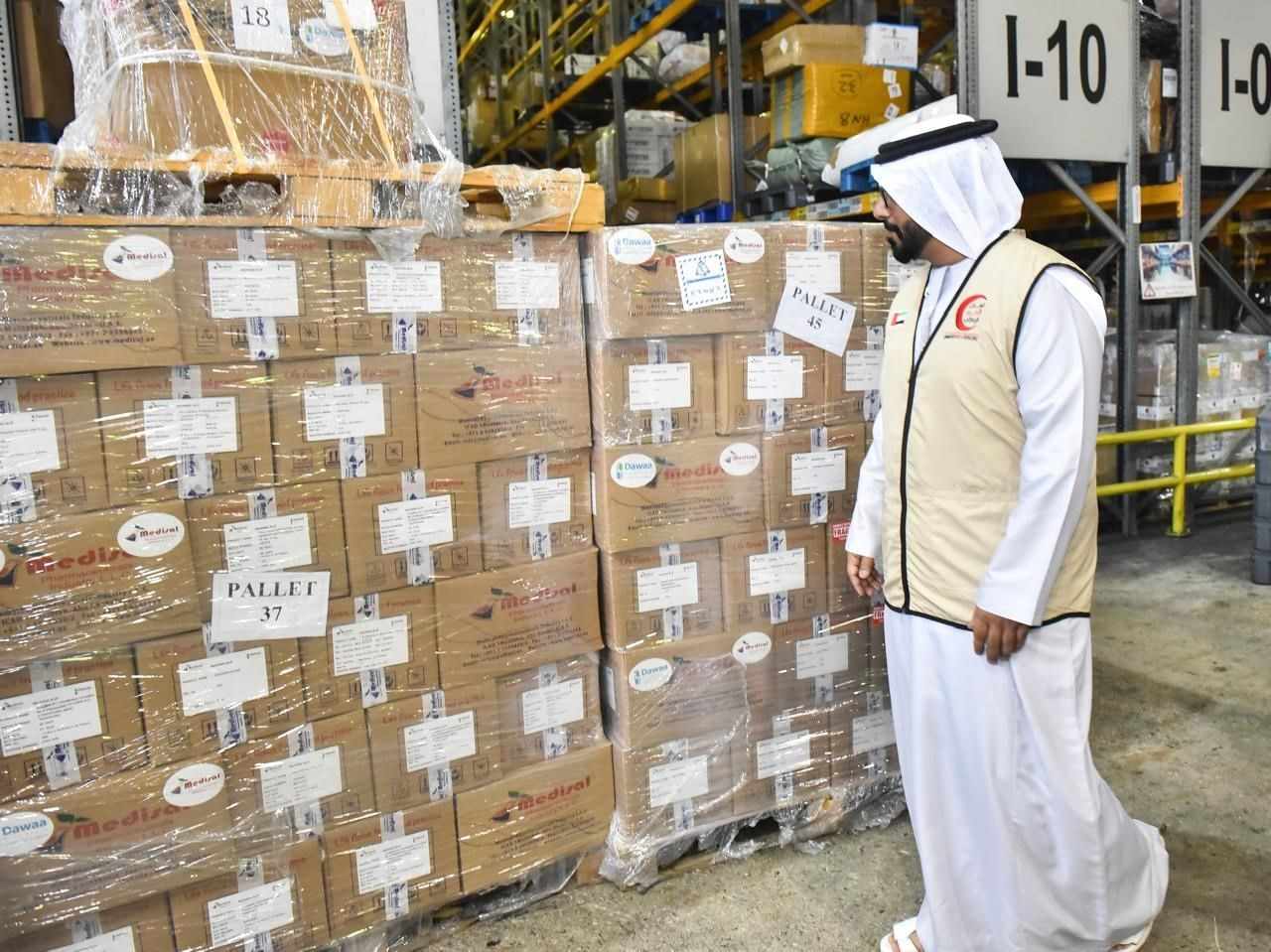Coronavirus: Arab countries struggle with high vaccine hesitancy
- Date: 16-Apr-2021
- Source: Egypt Independent
- Sector:Healthcare
- Country:Middle East
Coronavirus: Arab countries struggle with high vaccine hesitancy
Earlier this week Mahmoud, an Iraqi civil servant, had an appointment for a COVID-19 vaccination appointment in Baghdad. The 34-year-old had easily been able to register for an AstraZeneca injection. But he didn't go to the hospital.
"The Europeans said it wasn't safe,“ explained Mahmoud, who didn't give his full name because he works for an Iraqi government ministry and staff are not supposed to talk to media.
Mahmoud has other, slightly more unfounded reasons too. "The vaccine has come here so fast,“ he told DW. "But that's so strange. In Iraq, with things like this, you usually can't get access without some corruption, or you have to pay somebody. But it [the vaccine] is for free and it's available for everybody. It's a bit suspicious,“ he said.
Vaccination hesitation a global health threat: WHO
Despite being well educated and even knowing three people who died of COVID-19, Mahmoud is what's known as "vaccine hesitant.“ This is different to being an anti-vaxxer. Immunization experts define it as a "delay in acceptance or refusal of vaccination despite availability.“
In 2019, the World Health Organization listed vaccine hesitancy as one of top 10 threats to global health. More recently, data scientists have said that the idea of "herd immunity“ against COVID-19























